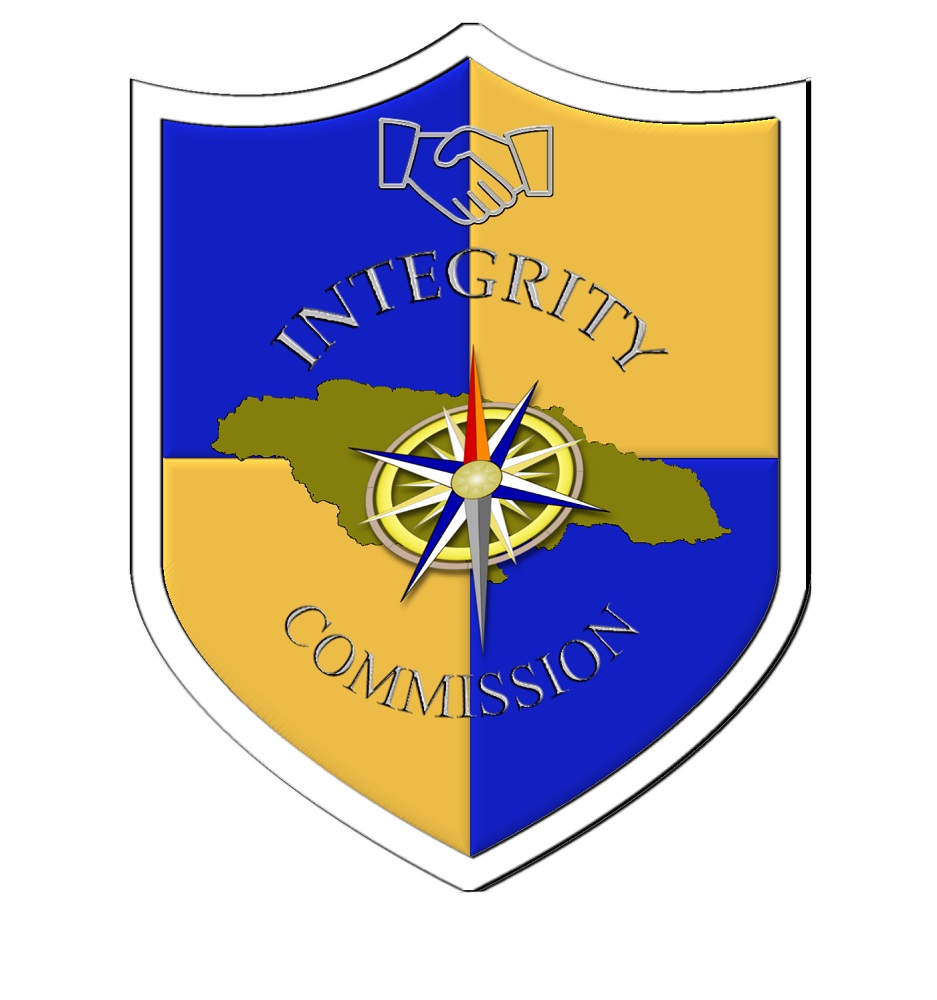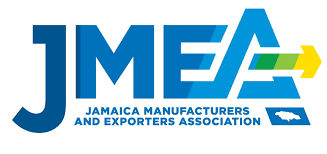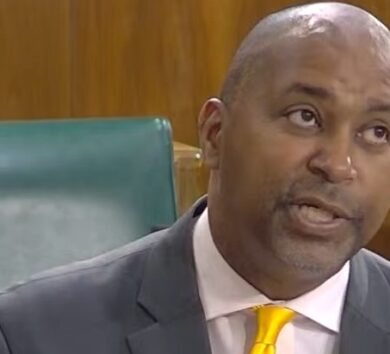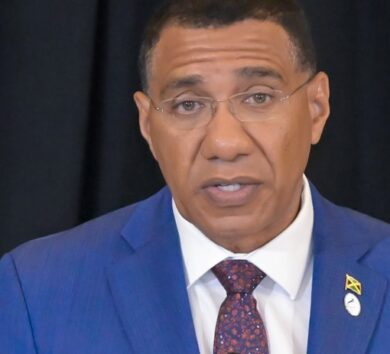

Joining the chorus of private sector entities and public officials taking issue with the circumstances around the release last week of an Integrity Commission (IC) report detailing the potential for a conflict of interest case against Prime Minister Andrew Holness, the Jamaica Manufacturers and Exporters Association (JMEA) has warned that the oversight body’s actions could have a potentially disastrous impact on the economy.
In a statement, the JMEA said it was “very concerned” about how the matter has been handled and the extent to which it may have resulted in, among other things, “an erosion of trust in the Integrity Commission and in our political institutions – both by the people of Jamaica and the international community”.

Last Tuesday, a report from the Integrity Commission was tabled in Parliament outlining the findings of its director of investigations (DCI) who cited Holness for conflict of interest and possible breaches of corruption prevention legislation when he recommended a close associate for government contracts while he was minister of education more than a decade ago. The DCI’s report was referred to the director of corruption prosecution (DCP) for a determination on whether Holness would face prosecution in the matter.
But, almost two days later, after local and international media had already highlighted the details of the report, leading to public outcry and condemnation of the prime minister, the Integrity Commission informed Parliament that, more than a month earlier, the DCP had ruled that the findings of the report did not amount to a prosecutable offence.

The Integrity Commission, and in particular its executive director, Greg Christie, have since faced ongoing criticism and questions around why the DCP’s ruling was not released at the same time as the damning report.
“This is bad for the country in general and has the potential to damage our economy,” the JMEA said today.
“It is generally known that we lose approximately five per cent of GDP annually to corruption, an element of which is the negative impact of our low standing in the Corruption Perception Index. It is therefore critical that there is a thorough review of the issues surrounding this matter in order to determine the corrective actions that are required to rebuild trust in the system and to ensure that nothing similar happens again.”
The JMEA listed some of the issues it believes require examination and explanation, including:
- Why did it take almost six years (from June 2016 to October 2022) for the investigation to be conducted?
- Why did it take from October 2022 till January 12, 2023, for the Director of Corruption Prosecutions to review the report and issue her ruling that no charges be brought?
- Why did it take a further period of over a month (January 12, 2023 till February 15, 2023), for the Commissioners of the IC to complete their review the DCP’s ruling?
- Why did the IC wait until February 14, 2023, to issue the detailed report to Parliament?
Said the JMEA: “In addition to this latter concern, why did the IC take these steps knowing that the Director of Corruption Prosecutions had issued her ruling on January 12, 2023, with the recommendation
that no charges be brought. They should have known full well that tabling the report of the investigation, on its own, would have had serious implications.”

The JMEA called for the Integrity Commission to convene a press conference “as soon as possible” to answer the questions posed.
“We also recommend that the Oversight Committee of Parliament meet as soon as possible to review the rules governing the IC as well as internal protocols and make recommendations for changes.”







Comments